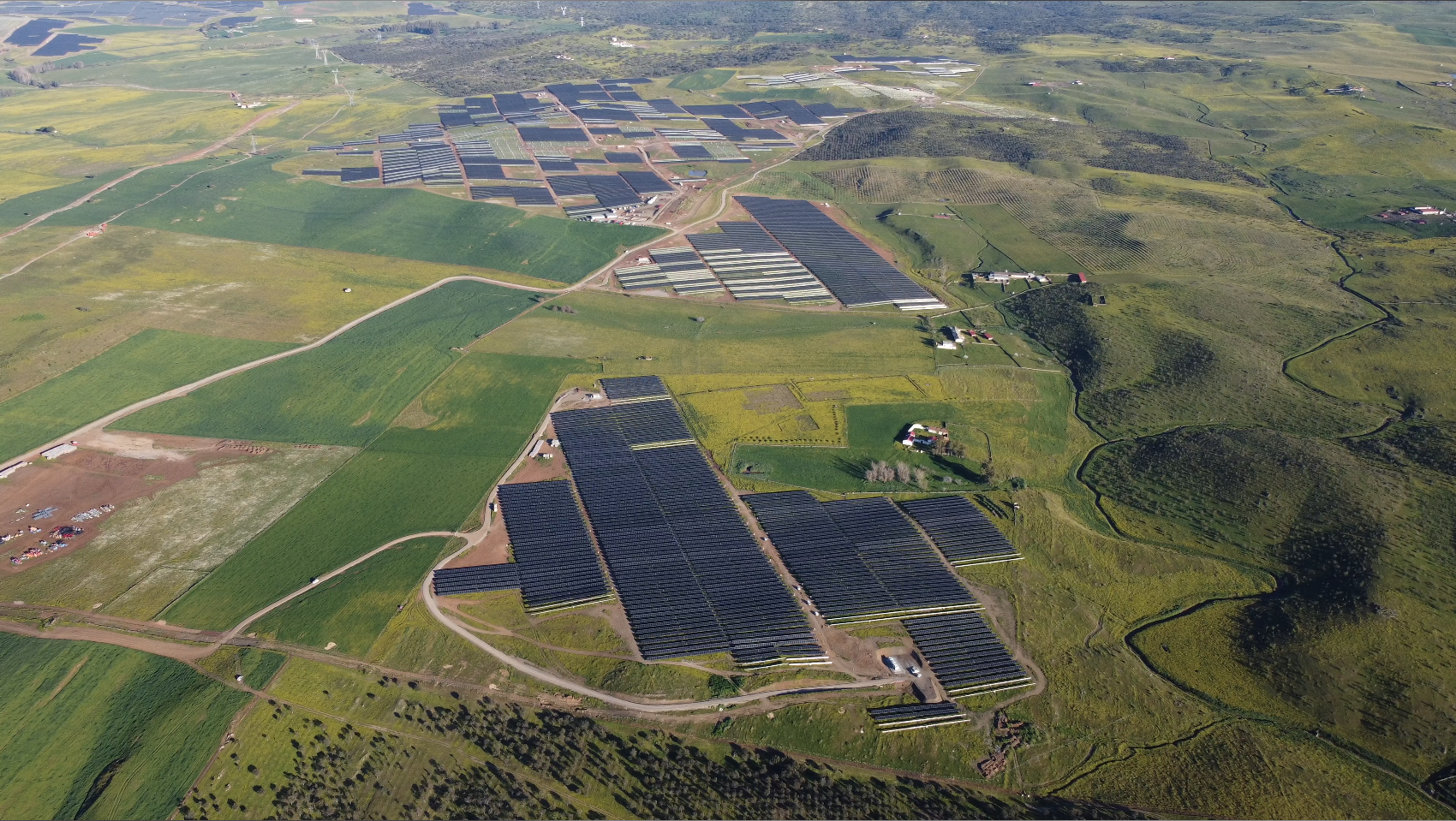In a remarkable exhibition of international unity, North Korean leader Kim Jong Un has reiterated his nation’s enduring alliance with China, portraying the bond as steadfast and founded on common historical ties and strategic objectives. The announcement was made at a recent major parade event, where both countries highlighted their joint dedication in the face of changing global dynamics and increased geopolitical pressures.
The reaffirmation of these ties signals the continued importance of the Pyongyang-Beijing alliance—a relationship that has endured decades of political, economic, and military cooperation. While the international community closely monitors developments on the Korean Peninsula, Kim’s remarks serve as a reminder that North Korea remains firmly aligned with its most influential neighbor, particularly at a time when both countries face mounting external pressures.
A long-standing alliance built on shared assistance
North Korea and China have a complicated past dating to the Korean War, during which Chinese troops offered vital assistance to the North in opposition to United Nations forces led by the United States. This armed collaboration established the groundwork for many years of political and economic partnership, forming a bond that has endured regardless of changing international circumstances.
Over time, Beijing has been pivotal to North Korea’s economic endurance, especially as Pyongyang faces global sanctions addressing its nuclear armament efforts. China continues as North Korea’s primary trade partner, delivering vital products and resources while offering diplomatic support in international arenas.
Kim’s recent statements underscore the crucial necessity of preserving this connection. By referring to the alliance as “steadfast,” the North Korean leader emphasized that the two countries remain together in protecting their autonomy and seeking shared progress. These remarks were broadly viewed as a gesture of affirmation to China and a sign of resistance to nations calling for stricter measures against Pyongyang.
The significance of attending the procession
La ubicación de los comentarios de Kim no fue casual. Los desfiles militares en Corea del Norte son eventos cuidadosamente organizados que buscan mostrar fuerza, unidad y determinación ideológica. Al optar por esta ocasión para resaltar los vínculos con China, Kim destacó la profundidad de la relación bilateral y su importancia en la configuración de la dinámica de seguridad regional.
The presence of Xi Jinping reinforced the message. Observers noted the prominent display of Chinese delegates during the ceremonies, reflecting Beijing’s willingness to publicly reaffirm its connection with Pyongyang despite ongoing international scrutiny.
Such diplomatic gestures carry particular weight amid a global environment marked by strategic rivalries and shifting alliances. Both North Korea and China face increasing friction with Western powers over issues ranging from security policies to economic competition. In this context, showcasing unity serves not only as a reassurance to domestic audiences but also as a warning to rivals that the partnership remains strong.
Geopolitical implications and regional stability
Kim’s reaffirmation of ties with China comes at a time of heightened uncertainty on the Korean Peninsula. North Korea has continued to advance its weapons programs despite multiple rounds of sanctions, while diplomatic engagement with the United States and its allies has stalled. Against this backdrop, China’s role as a stabilizing force—or as a strategic counterweight—has become increasingly significant.
Analysts note that Beijing faces a delicate balancing act. While it seeks to maintain stability in the region and avoid escalation, China also values North Korea as a buffer state against U.S. military presence in East Asia. Strengthening bilateral ties provides Beijing with leverage in broader negotiations on security and trade, while offering Pyongyang vital political and economic lifelines.
The renewed focus on camaraderie also signifies mutual worries about worldwide shifts. Both nations have been criticized over human rights matters and strategic goals, leading to tighter collaboration in international arenas like the United Nations. By openly restating their partnership, Kim and Chinese leaders intend to showcase strength amid increasing diplomatic challenges.
Cooperación económica y perspectivas futuras
Beyond the political symbolism, the relationship between North Korea and China carries significant economic dimensions. Although international sanctions have sharply curtailed Pyongyang’s access to global markets, trade with China—albeit limited—remains a crucial lifeline. Reports suggest that cross-border commerce has gradually resumed following disruptions caused by the pandemic, signaling potential efforts to expand economic engagement despite external constraints.
For North Korea, deeper economic ties with China represent an opportunity to mitigate the impact of sanctions and sustain essential imports such as food, fuel, and industrial goods. For China, maintaining economic channels with its neighbor ensures a measure of influence over developments on the peninsula, reducing the risk of instability that could spill across borders.
In the future, it is anticipated that both countries will seek to investigate new avenues for collaboration, covering infrastructure growth and energy undertakings. However, the scale of these efforts is likely to be influenced by the wider global context. Ongoing enforcement of sanctions and diplomatic discussions will determine the extent and form of their bilateral interaction in the years ahead.
Un mensaje para el mundo
Kim’s declaration that the friendship between North Korea and China “will never change” was more than a rhetorical flourish—it was a calculated message aimed at multiple audiences. For domestic constituents, it signaled strength and reassurance that the country retains powerful allies amid economic hardship and international isolation. For Beijing, it reinforced Pyongyang’s loyalty at a time when regional dynamics are increasingly complex.
Maybe most crucially, the announcement acted as a message to Washington and its partners that efforts to isolate North Korea will encounter major hurdles as long as China continues its unwavering backing. During a time of increasing strategic rivalry, partnerships like the one between Pyongyang and Beijing are pivotal in defining the landscape of global security.
As the geopolitical dynamics keep changing, the strength of this alliance will stay a central topic for both policymakers and analysts. It will either act as a stabilizing influence or become a point of conflict, hinging on the actions and choices made by the two countries and how the wider international community reacts.



